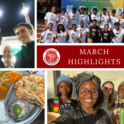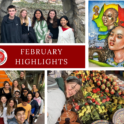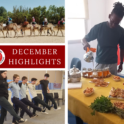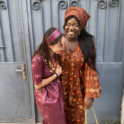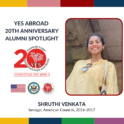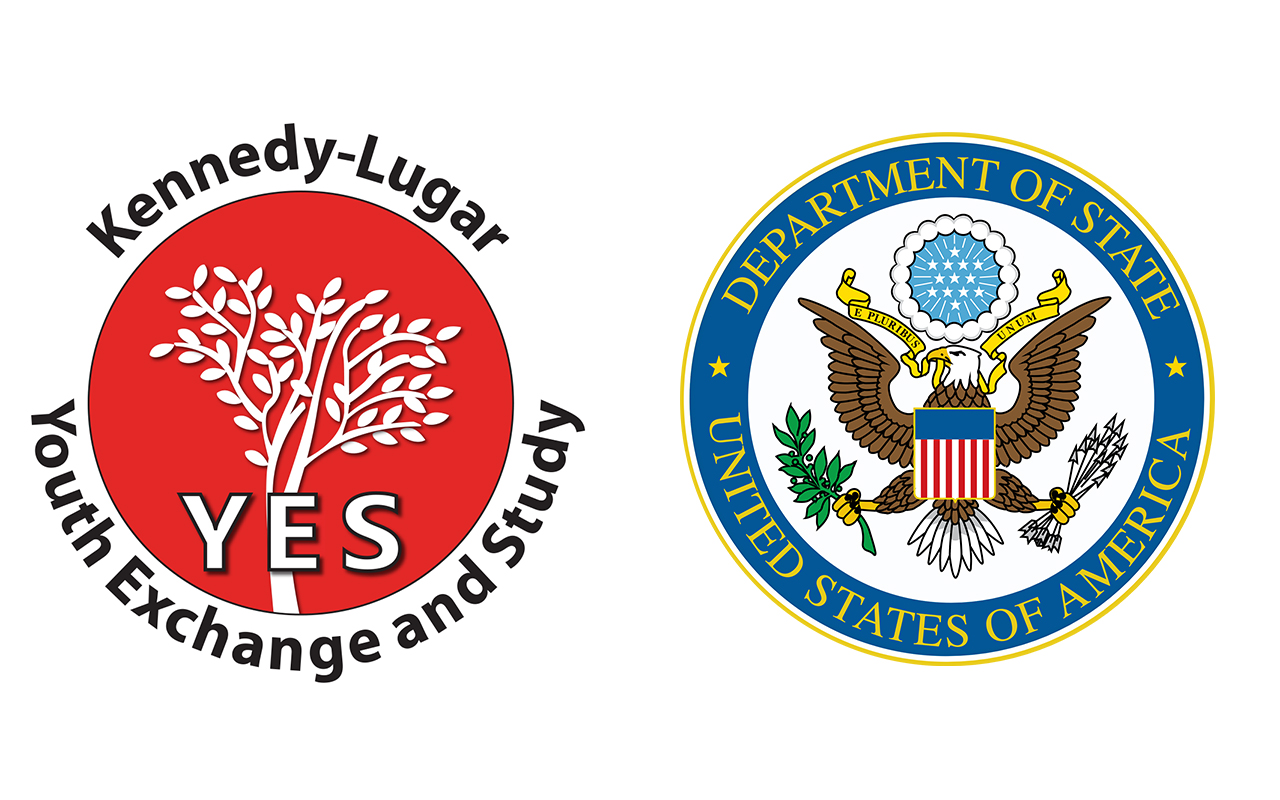Senegal
Study in SENEGAL with YES Abroad!
Senegal is located on the westernmost point of Africa, just south of the Sahara Desert, and is populated by a little more than 13 million inhabitants. A former French colony, Senegal became an independent nation in 1960. Since then, Senegal has managed to preserve its democracy and peace and is home to a multi-religious, welcoming community for its inhabitants and guests.
While Senegal is economically classified as a low-income country, historically relying on peanuts as a cash crop, today its economy includes tourism, mining, and fishing. Senegal’s capital city of Dakar has become a major economic hub for West Africa-- it is home to many NGOs, diplomatic missions, and international businesses. Even with over 60% of the Senegalese population residing in rural areas, approximately 3 million people live in Dakar’s metropolitan area.
Dakar is very much an urban community, and as such many host families may not own a private vehicle. The most common forms of transportation include public and private buses and taxis. Walking, while not as common with locals, is also an option. Participants may commute anywhere between 20 and 60 minutes each way by public transportation to their host schools or American Councils’ office.
While French is the official language, nearly all Senegalese speak an indigenous language, of which Wolof is the most widely used. There are over 10 main ethnic groups in Senegal: Wolof (43%); Pulaar (Fulani) (24%); and Serer (14%), as well as Diola (4%); Mandinka (3%); Solinke (1%); and other smaller tribes depending on the region of the country.
In terms of religion, 96% of the population practices Islam, Sufism being the most common sect. The two largest and most active Sufi brotherhoods in Senegal are the Mourides and Tijaniyyah. The Christian community comprises approximately 4% of the population. Senegal is known for its peaceful inter-ethnic relations and it is not uncommon for Christians and Muslims to inter-marry.
Learn more about being a YES Abroad student in Senegal:
Host Family
Students will live with host families in order to experience true immersion in the local culture. Families are selected based on recommendations by members of the local community, and each family is carefully screened by American Councils staff. Families are carefully vetted through a thorough application process and are highly regarded by their relatives and neighbors. Hosting communities exist through the presence of a strong support network, with a local staff member, or "local coordinator", available to each student hosted in the community.
Your High School
Participants are enrolled in private high schools in Dakar. Gap year participants attend a Senegalese school following the French baccalaureate program. Non-gap year participants attend an American-style high school and are strongly encouraged to take the French baccalaureate program, with the possibility of English as an alternative in some cases. The primary language of instruction is French. School typically runs from approximately 8am to 4pm, Monday to Friday, and some schools require additional attendance on Saturday mornings. Uniforms are required. Students will have the opportunity to participate in a number of community and extracurricular activities such as theater, dance, music, sports and martial arts, community service projects, environmental camp, and various clubs at school and in the community at-large.
The Political & Security Environment
The U.S. enjoys good relations with Senegal. Senegal is a strong U.S. ally as a regional, diplomatic, and economic partner. The country shares many fundamental values and international goals with the United States, and it has been a symbol of democracy as well as ethnic and religious tolerance. Senegal also has contributed to regional peacekeeping operations. This country is an active member in organizations such as the United Nations, International Monetary Fund, World Bank, and World Trade Organization.
For more information, visit Senegal's page of The World Factbook.
Health & Safety
American Councils draws on the experience of American professionals in Dakar as well as strong local connections and a deep understanding of the intercultural, health, safety and security issues. Prior to departure and upon arrival, students attend a number of information and safety briefings by American Councils staff. They will also have a security briefing by the U.S. Embassy’s Security Office and will be given assistance in registering with the Embassy to receive travel alerts. American Councils works closely before arrival and throughout the exchange year to discuss and prepare for students’ well-being. YES Abroad students are covered by medical as well as Political and Security Evacuation Insurance. Students will have access to a 24-hour emergency number and our staff members are thoroughly trained. Each student will be given a cell phone upon arriving, and will be given the contact number for their local support representative and their local American Councils office. In the case of an emergency, a Duty Officer is on-call 24/7 in both Senegal and the U.S. This number is made available to both students and their parents while on program. For further in information on Senegal, visit the U.S. Department of State's website.
Enrichment Activities
Students have the opportunity to take part in various activities and trips while in Senegal in order to increase their understanding of the host country and culture and their interaction with the local Senegalese population. Activities may include field trips, sporting events, cultural excursions, social outings, and community service projects. Students have also had the opportunity to meet with the Public Affairs Section of the U.S. Embassy.


